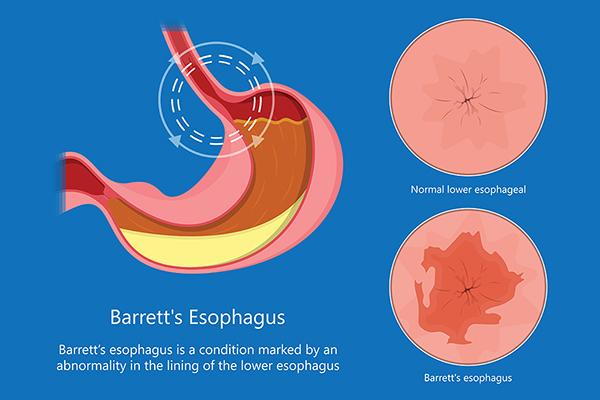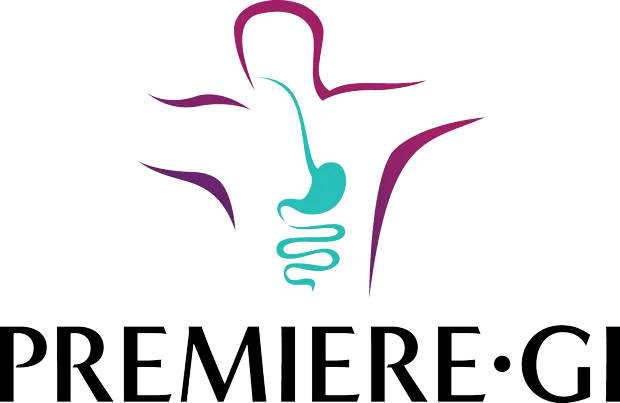FAQ's About Barrett’s Esophagus

- posted: Oct. 09, 2024
If you’ve been told you are at risk of developing Barrett’s esophagus, chances are you have a few questions. Your gastroenterologist has the answers you need. Dr. Arun Khazanchi at Premiere GI in Lakewood Ranch, FL provides a wide range of gastrointestinal services, including diagnosing and treating Barrett’s esophagus.
What Is Barrett’s Esophagus?
Barrett’s esophagus is characterized by the development of abnormal cells in the lining of the lower esophagus. It can result from gastroesophageal reflux disease.
Who is at risk of developing Barrett’s esophagus?
You are at greater risk of developing Barrett’s esophagus if you:
- Are male and over 50 years old
- Have a family history of Barrett’s esophagus or esophageal cancer
- Have GERD that doesn’t respond to treatment
- Are a smoker or a past smoker
- Have excess body fat around your abdomen
What are the signs and symptoms of Barrett’s esophagus?
The most common signs and symptoms of Barrett’s esophagus include:
- Heartburn, especially when you wake
- Difficult or painful swallowing
- A feeling of food caught in your throat
- Chronic sore throats or a sour taste in your mouth
- Unexplained weight loss or frequent vomiting
What can happen if Barrett’s esophagus isn’t treated?
Untreated Barrett’s esophagus can lead to serious damage to your esophagus and potentially esophageal cancer.
How is Barrett’s esophagus diagnosed?
Your gastroenterologist will use an endoscope to examine the walls of your esophagus. A small sample of tissue may be taken and sent for a biopsy to determine if you have Barrett’s esophagus.
How is Barrett’s esophagus treated?
Abnormal cells may be removed during the biopsy. Additional treatment varies depending on the severity of the condition. Your gastroenterologist may recommend medications to reduce stomach acid, such as GERD. If precancerous or cancerous cells are present, your gastroenterologist may recommend radiofrequency ablation or cryotherapy to remove them. In severe cases, endoscopic surgery may be advised.
These are just a few frequently asked questions and answers about Barrett’s esophagus. If you think you might be at risk of developing Barrett’s esophagus, don’t wait. Seek out the expertise of your gastroenterologist.
Want To Know More?
To learn more about the causes and treatment of Barrett’s esophagus, call Dr. Arun Khazanchi at Premiere GI in Lakewood Ranch, FL. You can reach Dr. Khazanchi in the office by calling (941) 334-9040, so call today.
Our Location
11505 Palmbrush Trail, Suite 200
Lakewood Ranch, FL 34202, US
(941) 334-9030
Lunch from 12:00 pm - 1:00 pm
8:00 am - 5:00 pm
8:00 am - 5:00 pm
8:00 am - 5:00 pm
8:00 am - 5:00 pm
8:00 am - 5:00 pm
Closed
Closed

